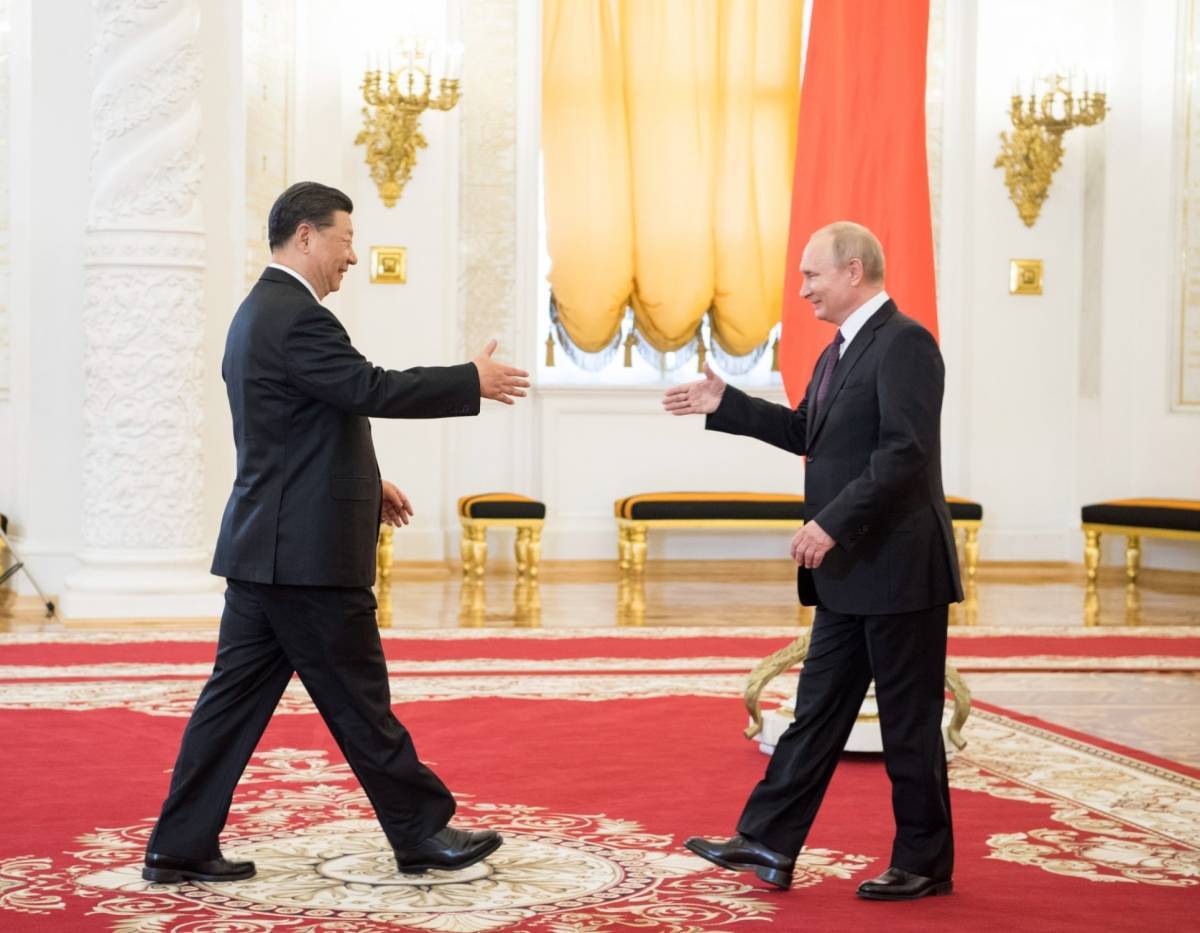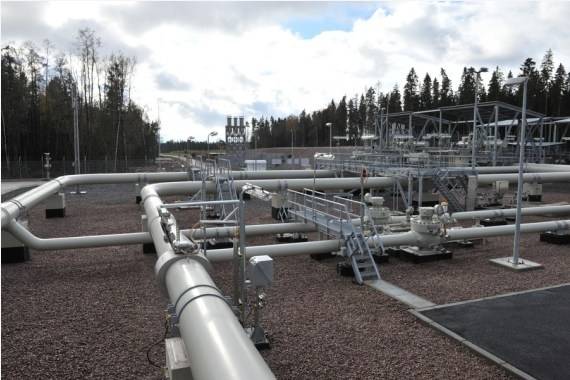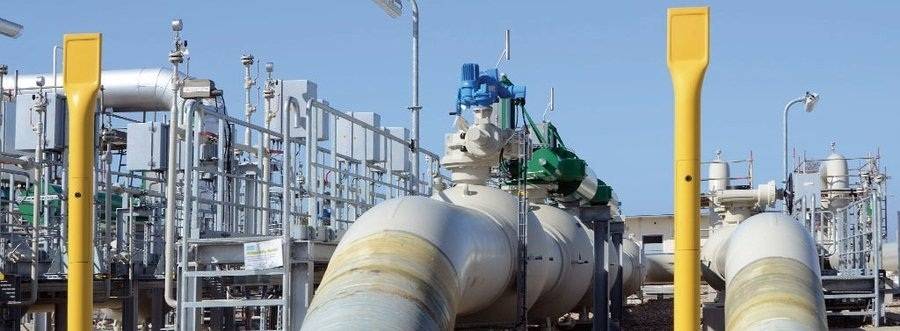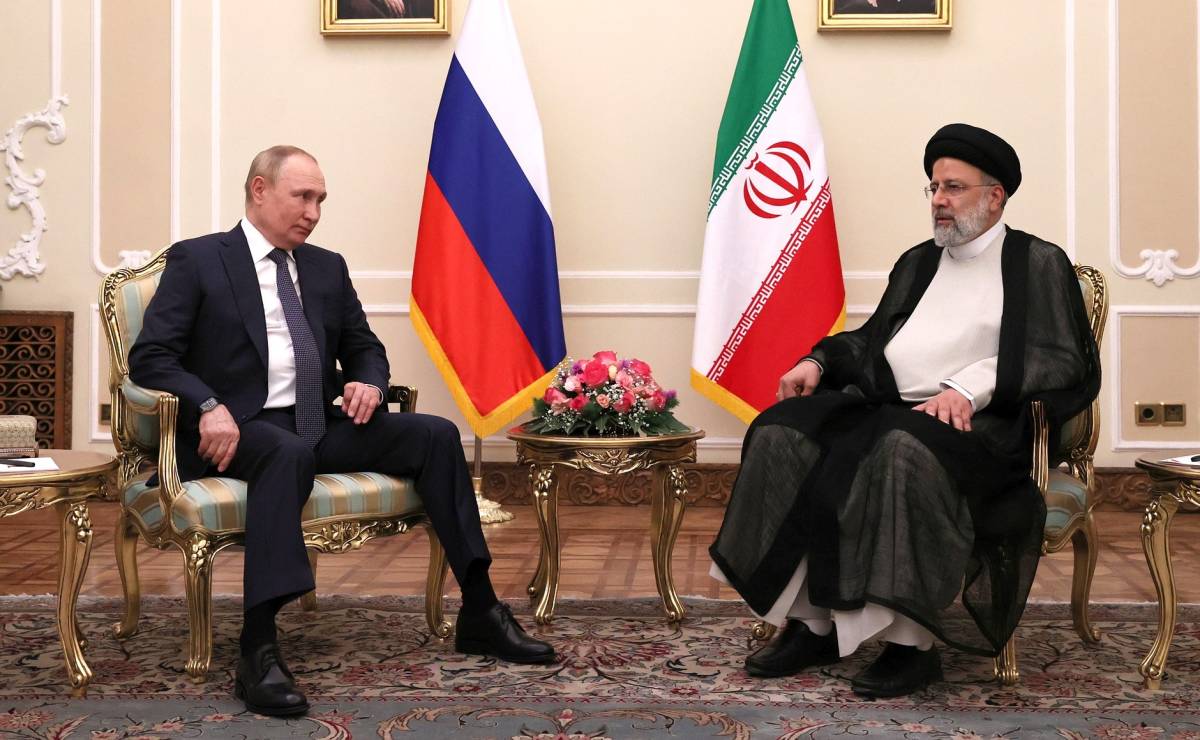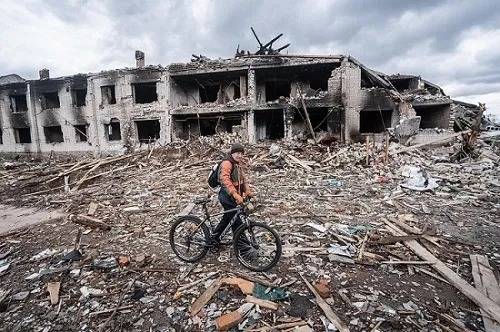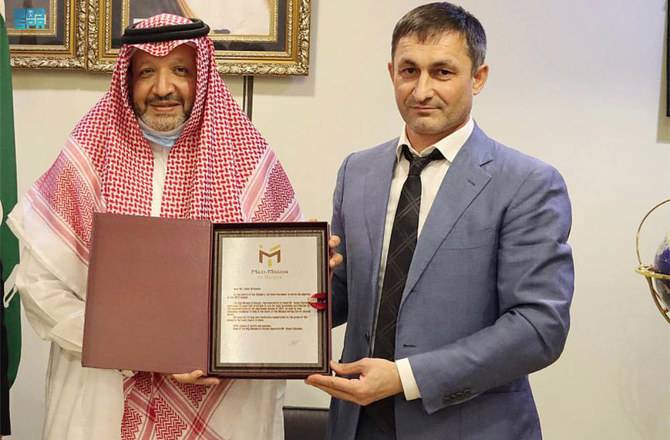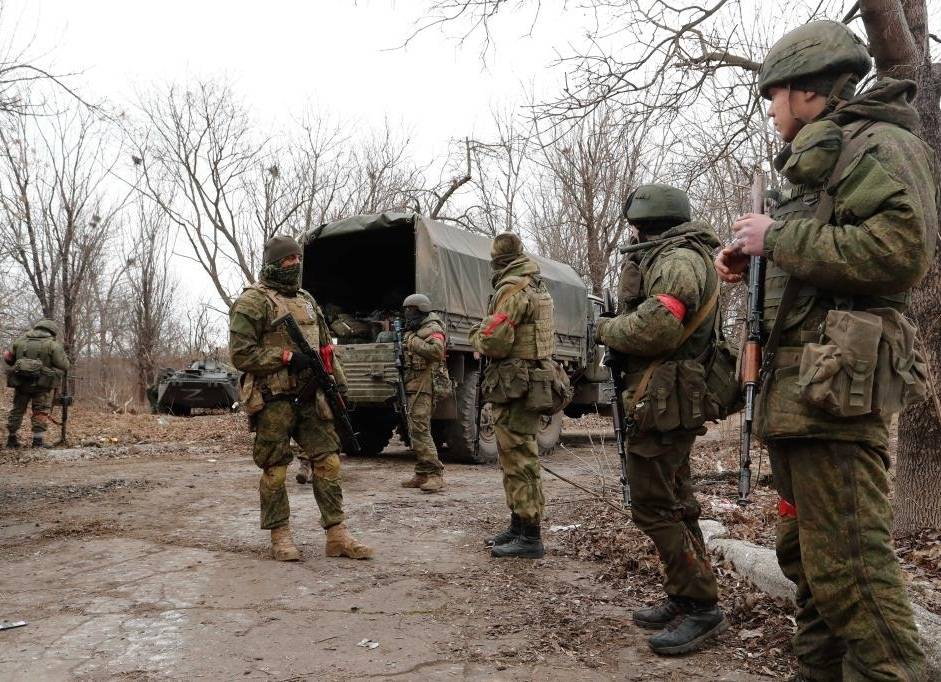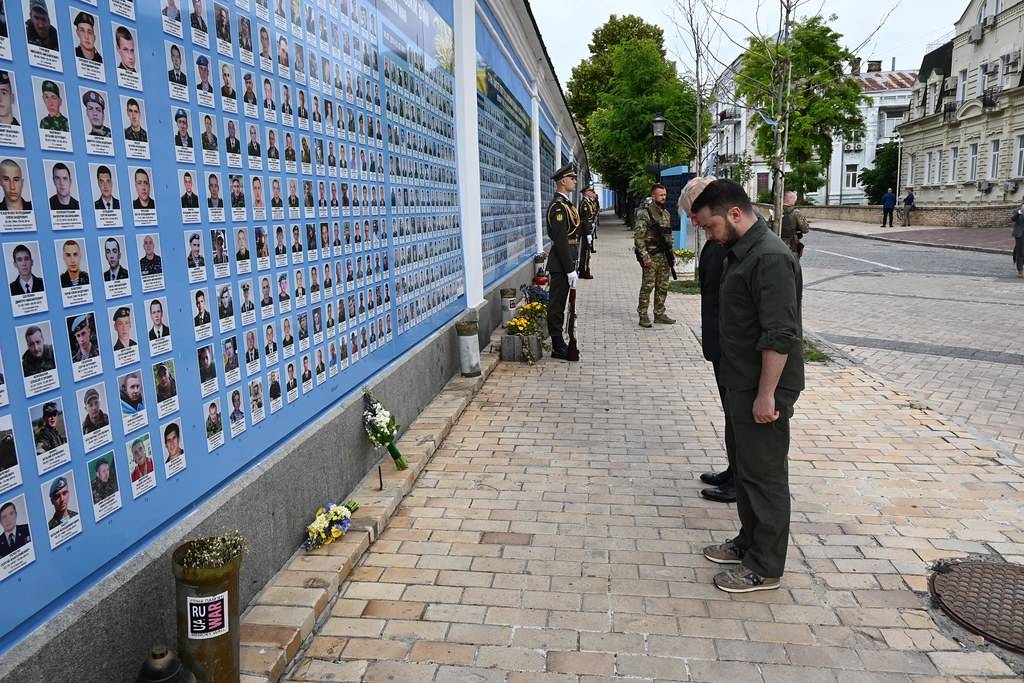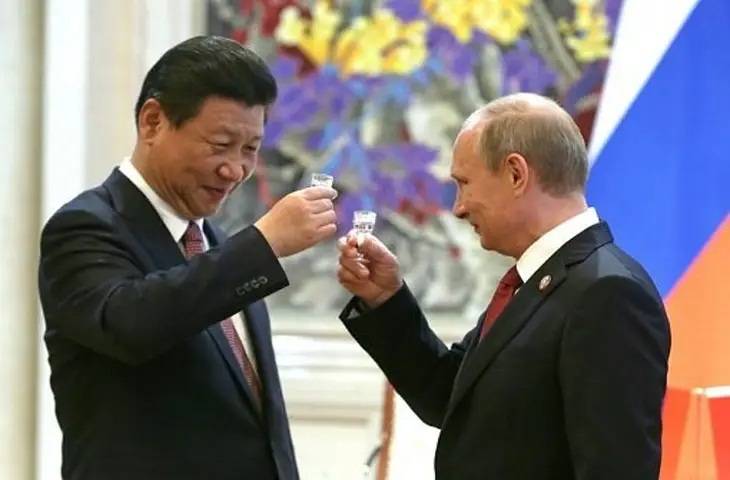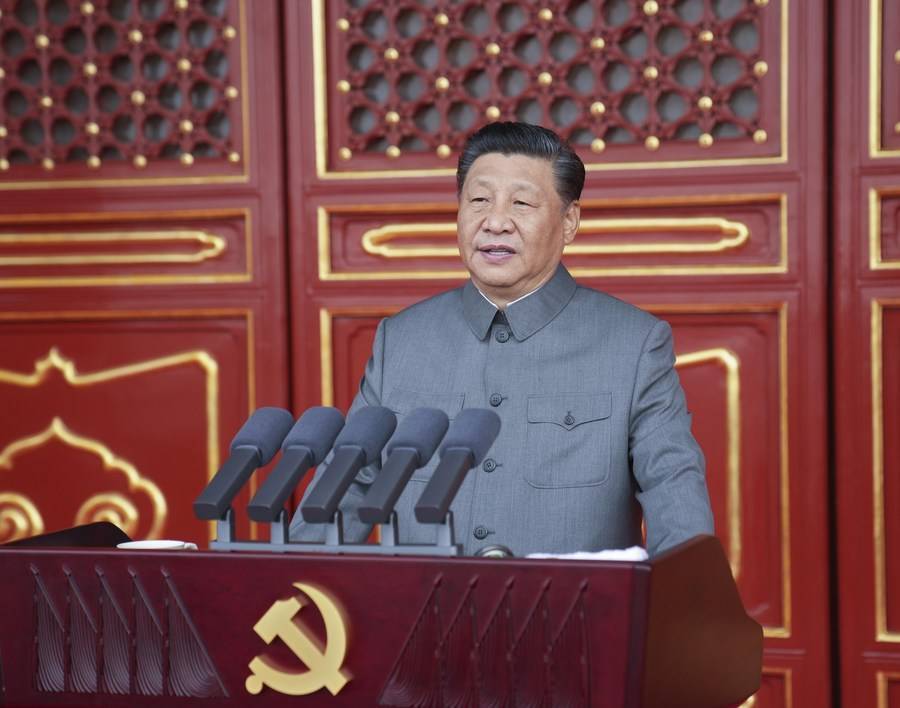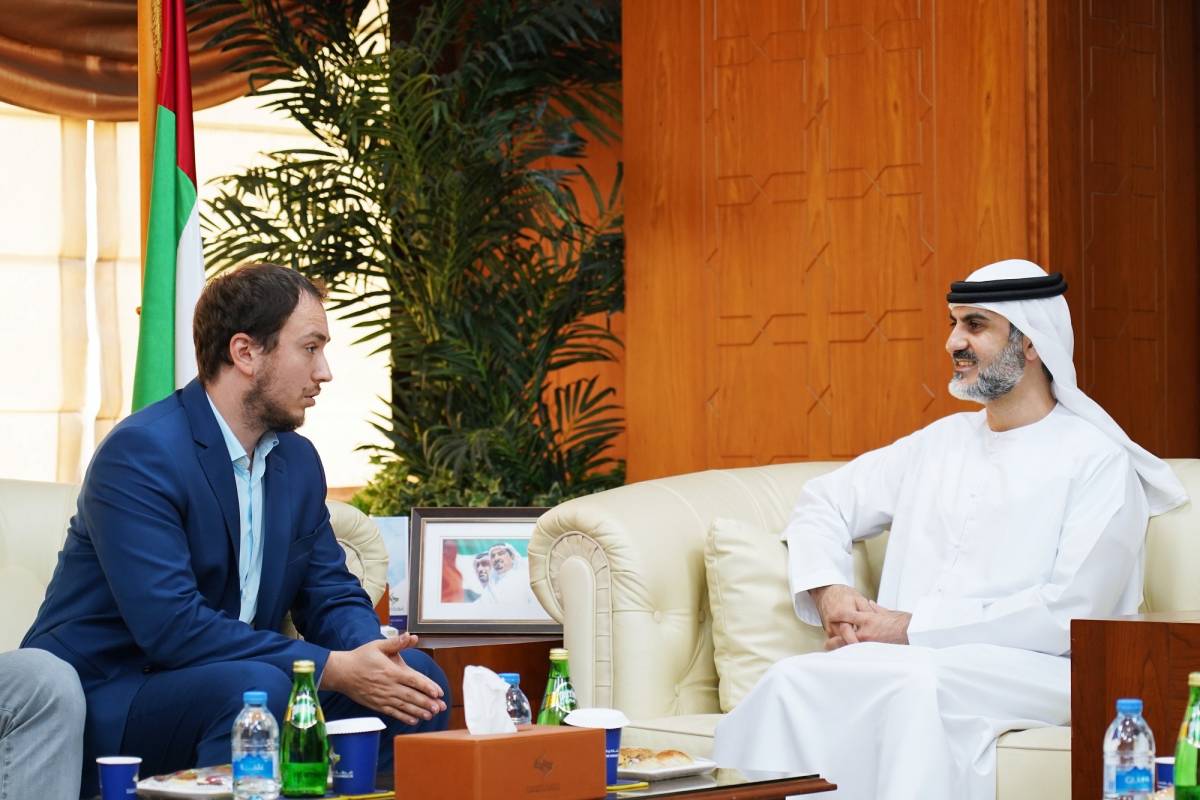That was just another political talk show on Russian TV, and, to make things lively, the editors rolled out a question list to all the attendees: Is China a sincere and powerful friend to Moscow in the current crisis, or is it a very fickle friend not to be trusted?… writes Dmitry Kosyrev
War, sanctions and a global crisis made such shows an intermittent fixture on all the main channels of Russian TV. Basically, they are all alike. Experts on foreign policy, on military questions and economy are standing or sitting in a circle and exchanging opinions.
Not every channel had such shows in the past, but now things are different. For the audiences, some of these have replaced even the news programs. After all, your country is at war, so you need not only facts, but their assessment — constantly.
The problem is, the channels have to compete, so the shows need to be emotional, and your experts have to clash with each other. And what can be better for tickling the nerves of the audience, than debating on how reliable is China, Russia’s #1 trading partner and a “strategic competitor” of the West.
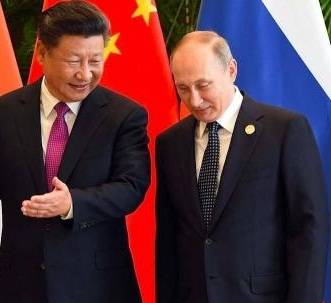
At the show I’ve just attended as an expert on China, we were been presented with a very familiar set of questions. We’ll talk later about why it’s familiar; let’s see some of these questions right now.
Is China just using Russia in its own clash with the West? Is China really eager to replace the Western consumer goods and technologies, denied to Russia due to Western sanctions, or is it abandoning the Russian market?
Does Russia feel comfortable with China’s economic activities in Central Asia and every other area of the world? Will Russia, one day, become only a junior partner of its huge neighbour?
This set of questions is vital to millions and millions of very ordinary Russians. The things is, with China, a #1 economy in the world at our side, we may rest assured that our military will easily finish the task of putting an end to that endless Ukrainian civil war — that, incidentally, is the real meaning of events unfolding in Ukraine these days. With China’s help, the Western sanctions against Russia’s economy will go on failing, while hurting the West, as they do now.
The Russian TV show I was attending evolved along predictable lines. These lines were dividing the experts who knew how “Xi Jinping” sounds in Russian, and the ones who could not really pronounce it. Meaning that the people who are just generally dabbling into foreign affairs have no idea about the exact facts. And facts do matter.
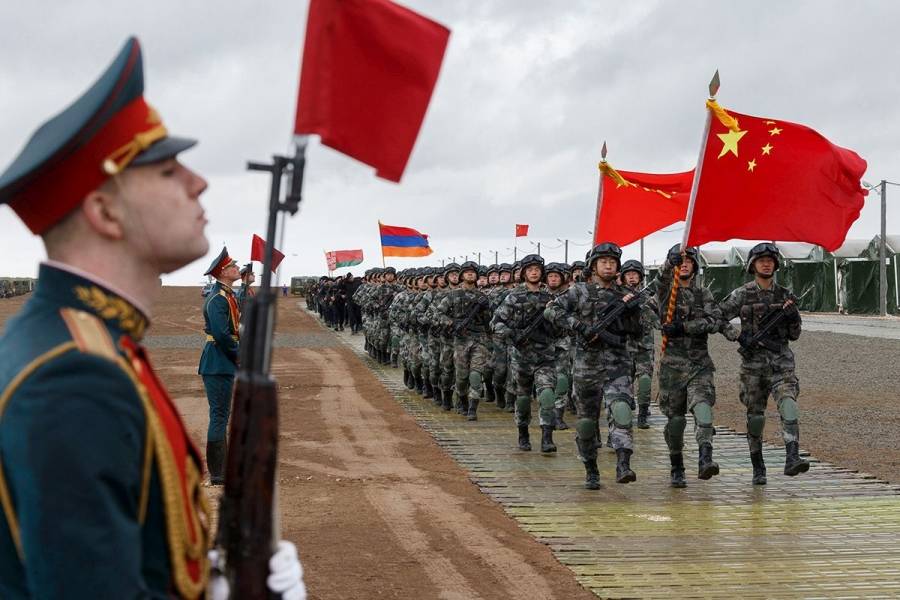
The anchor at the show have presented information coming from an obscure American research centre, claiming that the Russo-Chinese trade have plummeted 40 per cent in the first half of 2022. The experts on China, after an initial shock, have retorted that in fact that trade had jumped up between 30 and 40 per cent this year, and that’s not just oil. The Chinese media, after all, is following the subject very closely. And that media knows its facts well. The share of China-made gadgets in Russian shops (as in smartphones, printers and all kind of such things) used to be like 36 per cent, now it’s close to 70 per cent. The Chinese factories have received Russian orders on these items that they cannot fulfil in time. And that’s not to mention funny things, like a sharp raise in China’s export of wooden logs to the US, while China could never produce such amount of these by itself, only Russia can, and does.
And, no, nobody in Moscow (the people in the know, that is) is worried about the growing Chinese economic activities in Central Asia or anywhere else in the world.
There are two reasons for that, one is that Russia is not producing what China does, so we are not competing. The other is, Chinese presence is welcome anywhere if it squeezes out Western presence in all forms.
And so it went on, point by point in the mentioned list of question marks about the essence of the Russo-Chinese alliance. So, where have we seen that list before?
Here you have to look at expert publications is several American magazines, from The National Interest to The American Conservative to the Foreign Affairs. One and the same idea is being discussed by many authors.
Namely, our (American, Western) war against Russia in Ukraine has failed, our sanctions have hurt ourselves more than anybody else and have alienated about two thirds of the world.
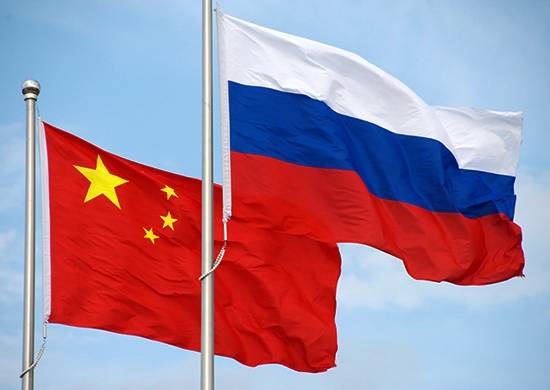
So it’s time to stop posturing and making angry speeches, time to do the only thing that may yet work — namely, look for splits that could, if we are lucky, crack the Russo-Chinese alliance, sow distrust and suspicions in the two societies.
But how exactly do you create that distrust? You introduce the proper ideas into these societies, which are of course not isolated from the global media space. The only thing you need is to make a kind of a list of questions, that may shake folks in a serious way.
Which questions are these? Why, we have already listed them. Is China just using Russia in its own clash with the West? Will Russia, one day, become only a junior partner of its huge neighbour? And so on.
I’ve seen all these ideas all over the Western media, from where they spill into Russia over the non-existing information borders. In fact, I’ve seen similar lists in 2014, when the Western sanctions began in earnest after a referendum in formerly Ukrainian Crimea, that led to its incorporation into Russia. The very same ideas about China, the unreliable ally, were circulating then with dull regularity.
And if you are nor Russian, but some other China’s partner, the list will be slightly different. There you’ll read about “predatory nature” of Chinese business and a “debt trap”.
These primitive ideas are unlikely to impress the real experts, but then there are always the TV shows to promote them.
(Dmitry Kosyrev is a columnist for the Russian State agency website ria.ru, as well is for other publications)

